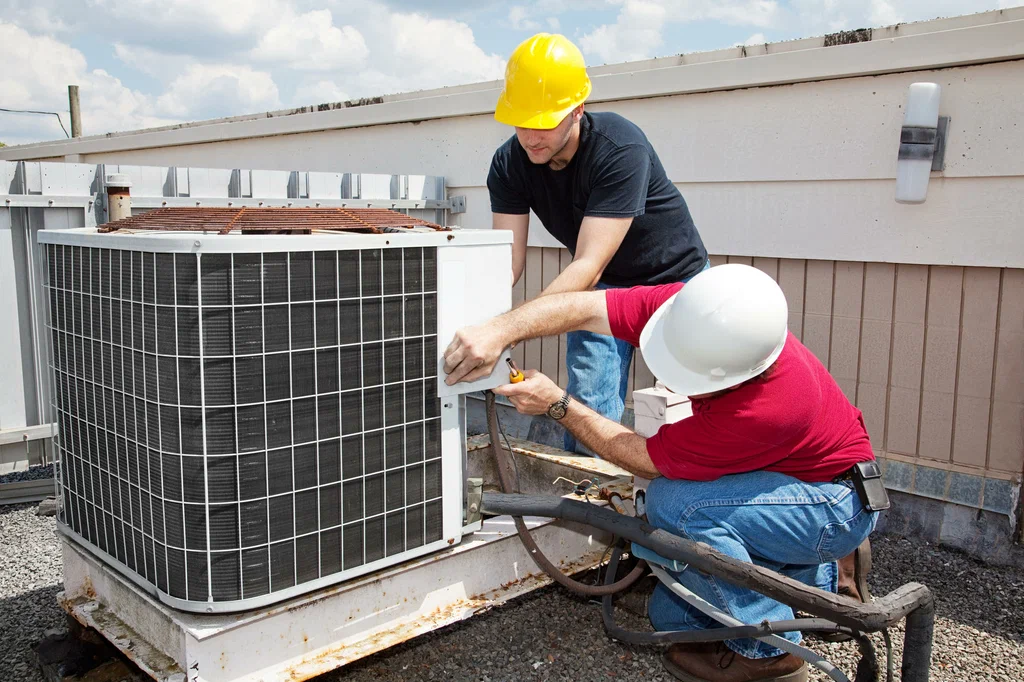Replacing an HVAC system is a significant home investment. Many homeowners struggle with estimating how much to budget. Costs can vary widely based on system size, home requirements, type of equipment, and installation complexity. Planning ahead can save you stress and money. A proper budget ensures your home remains comfortable while your system runs efficiently.
Average Costs of HVAC Replacement
The cost of replacing an HVAC system depends on multiple factors. On average, homeowners spend anywhere from moderate to high amounts depending on the size and complexity of their home’s system. To get an accurate idea of what to expect in your area, many people consult local services such as Heating & Cooling Replacements Service In Panama City. This gives a realistic starting point for budgeting and comparing estimates.
It’s important to remember that costs differ for every home. A smaller home may require a compact system, while larger houses need bigger units, which naturally cost more. Older homes might also need ductwork repairs or electrical upgrades, adding to the total. Understanding your home’s unique requirements is the first step in setting a proper budget.
Factors That Affect HVAC Replacement Costs
1. Home Size
The size of your home is one of the main factors affecting HVAC costs. Larger homes require larger systems, which means higher equipment and installation costs.
2. Type of HVAC System
The type of system you choose plays a significant role in your budget. Traditional split systems are generally mid-range in cost. High-efficiency systems or heat pumps may cost more initially but save on energy bills over time. Dual-fuel systems, which switch between gas and electric heat, provide comfort and efficiency but come with higher installation costs.
3. Energy Efficiency
Energy efficiency ratings, such as SEER (Seasonal Energy Efficiency Ratio) for cooling and AFUE (Annual Fuel Utilization Efficiency) for heating, influence the price. Higher-rated units cost more upfront but can reduce monthly energy bills, making them a smart long-term investment.
Installation Costs and Considerations
Installation is a major part of your budget. Skilled technicians need to remove old equipment, install the new system, test its performance, and ensure safe operation. If ductwork is damaged or leaking, repairs are necessary, which can increase costs. Home layout and accessibility also matter; tight spaces or older duct systems can make installation more complex.
Optional upgrades like smart thermostats, zoning systems, or indoor air quality improvements can also add to costs. While these features improve comfort, they should be included in your budget planning.
Why Consult a Trusted HVAC Company
When planning an HVAC replacement, consulting a reliable local company can make the process smoother. Many homeowners find that working with a reputable third-party provider such as Comfort Solutions Heating & Air, LLC helps them understand the right system for their home and realistic costs. They provide guidance on system size, energy efficiency, and installation requirements without pressure, allowing homeowners to make informed decisions.
Planning Your Budget Range
It’s recommended to plan a budget range rather than a fixed number. Set a minimum for basic replacement needs and a maximum for upgrades or unexpected work like duct repairs. This flexible approach ensures you can compare estimates and choose a system that meets your needs without exceeding what you can comfortably spend.
Don’t forget to consider operating costs. A new HVAC system is an investment not only in equipment but also in long-term savings. Energy-efficient systems and proper maintenance reduce future expenses, making them worthwhile even if the initial cost is higher.
Checking Local Costs
Before finalizing your budget, check updated pricing in your area. For homeowners in Panama City, exploring services such as Heating & Cooling Replacements Service In Panama City helps understand local rates. Comparing different options ensures you have a clear picture of costs for system types, brands, and installation requirements.
Conclusion
Budgeting for HVAC replacement can be straightforward when you understand the main factors: home size, system type, energy efficiency, and installation complexity. Planning a flexible budget range, consulting experts, and considering long-term savings can help you make smart decisions.
By following these steps, homeowners can replace their HVAC system confidently, ensuring comfort and efficiency for years to come. A well-planned budget not only reduces stress but also guarantees that your home remains a comfortable and energy-efficient space.

